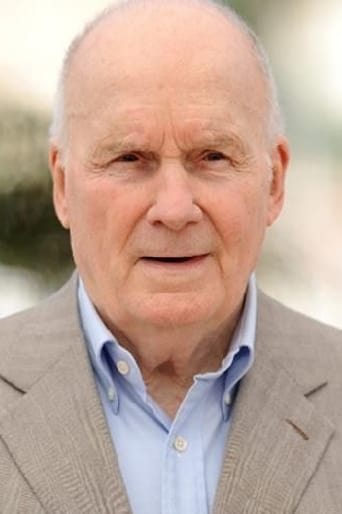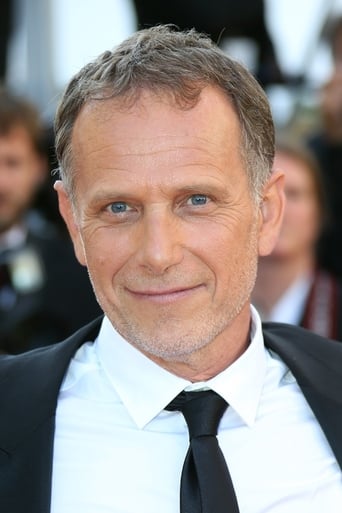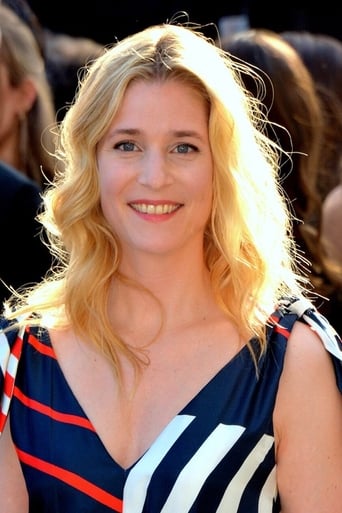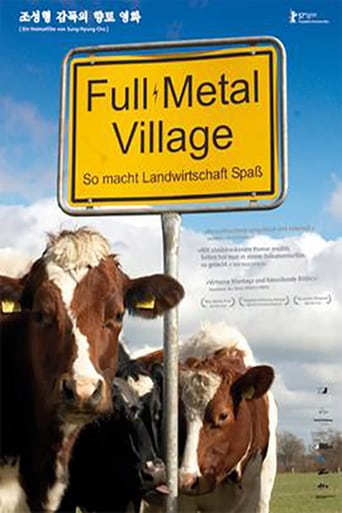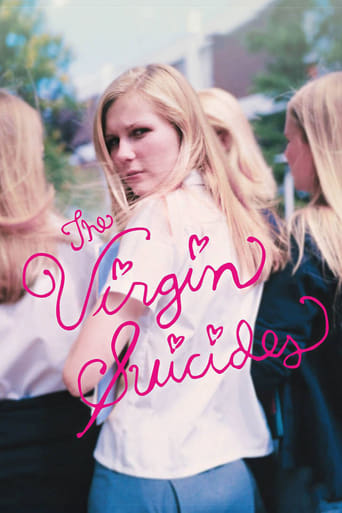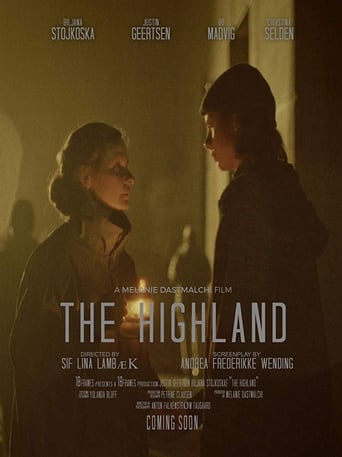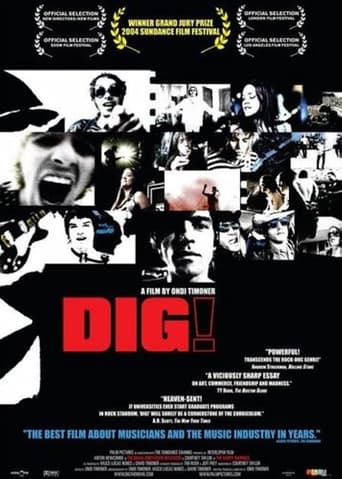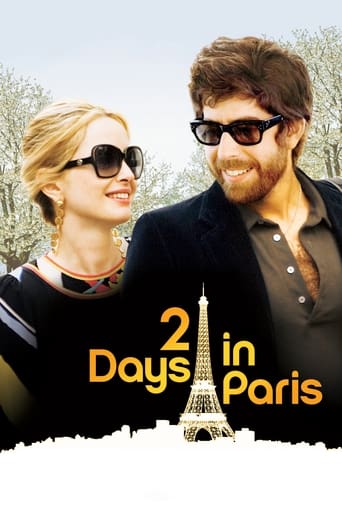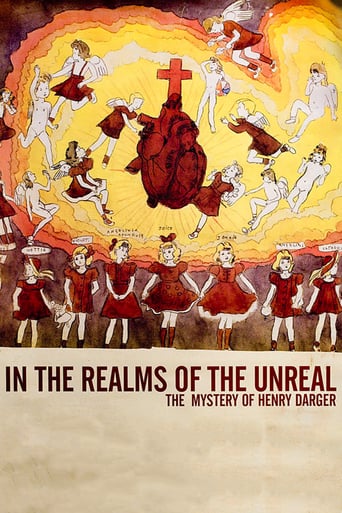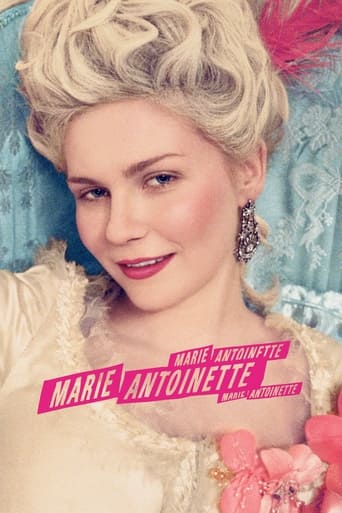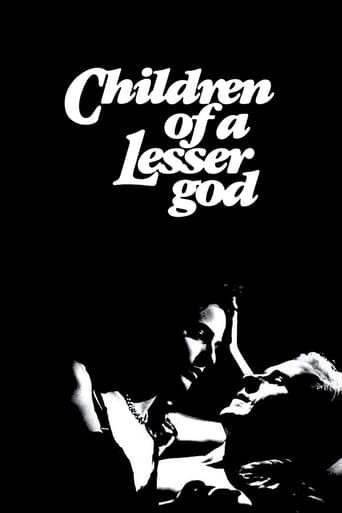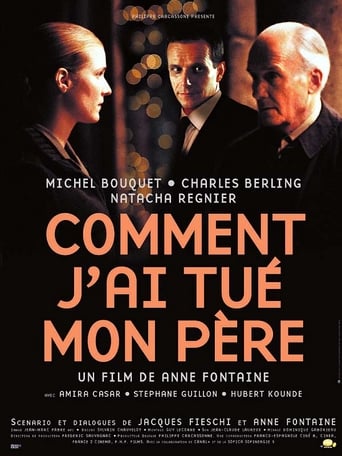

How I Killed My Father (2001)
When his long-time disappeared father is entering his life again, Jean-Luc, a successful doctor, has no option but to face his own life story. Will he ever be able to forget and forgive?
Watch Trailer
Cast


Similar titles
Reviews
In 1997, Anne Fontaine made an idiosyncratic film named "Nettoyage à Sec" in which a mysterious young man, Loïc shattered the upstart world of a couple of dry cleaners. Miou-Miou acted the woman while Charles Berling was her husband. Four years later, the female filmmaker finds again her main actor for a very similar role and a film which resembles its 1997 companion.Here, the disruptive element isn't a young man but an elderly one acted by Michel Bouquet in a mind-boggling performance. After many years spent in research in Africa, he unexpectedly resurfaces in France to pay a visit to his sons. Berling is a doctor who has everything to be happy: a private hospital that works well, a lascivious mansion and a lovely spouse (Natacha Régnier) and he even saved from distress his brother whom he hired as his chauffeur. Is this posh universe serendipitous? Bouquet's presence will reveal the other side of this lush scenery as well as many things about his past, Berling's and his brother's. A good proportion of these secrets have something eerie and are likely to explain the current situation.As soon as Bouquet arrives, Anne Fontaine exudes an unnerving climate and keeps a low-key tonality to better capture a high disquiet. Rather than to deliver banal explanations that would have rushed the film towards miscarriage, she prefers to call upon the viewer's imagination and to let the unsaid prevail to interpret the numerous zones of shadow and ambiguity the characters have deep down inside them. What also cements her talent is that she eschews a good number of easy moments in which the characters' reactions would have been so predictable. Distance is her key word to shoot her characters and she sends away the father and his son without pronouncing in favor of either even if she has an ounce of sympathy at the tail end when they feel lost.Once again, Michel Bouquet's acute look and ubiquity are to be praised. He just has to pronounce a cue with his hoarse voice to fill one sequence with intensity. Berling and Régnier are up to scratch him. With Marion Vernoux and a few other ones, Anne Fontaine may be the finest French female filmmaker of these last years. Perhaps one will just regret this detail: Bouquet sees his son again when the latter is at the peak of his success and invites the whole community at his home. This trick has been used many times before.
"My Father and I", as the DVD was entitled, spends its time examining the emotional erosion of an icy, controlling, stilted, and successful Gerontologist upon the return of the father who abandoned him as a child. A well presented psychodrama with a solid cast, good production value, and a meager storyline, this film tells its tale of gathering rage cloaked in polite conversation through nuances of body language, behavior, and minimal dialogue. Subtitled and ambiguous in beginning and end, "My Father and I" was well received by both critics and public the public at large given allowances for subtitles. Recommended for French film fans into psychodramas. (B+)
The pace, the images, the characters in this film are deliciously meditative...and although universal in its content, very French in its presentation. Not a film for Americans who want an action-packed, easily accessible narrative. But those who enjoy an intelligent exploration of relationships at a deep even profound level will find this movie to their liking.The basic line sets up the life of a very successful gerontologist, dealing in anti-aging methods, married to a beautiful, compliant young woman and also involved sexually with his attractive assistant. When he receives a letter telling him his father, who has been a doctor in Africa and deserted his family many years ago, has died, we are given a revery from his imagination. In this reflection, his father appears at his elegant home and the rest of the film explores the son's complex relationship and emotions relative to what he believes these might be, should his father actually show up. A very interesting devise...using classic projection and giving us the challenging question "What is real and what is imagined".The cast is superb...with special kudos to Michael Bouquet and Charles Berling, the leads.I recently saw "Life As A House"...and while the performances were fine...the movie itself...dealing again with a father-son relationship...was such a mish-mash of extraneous characters, the real focus and profundity were lost in the Hollywood glitter of it all. This Anne Fontaine film keeps the color so wonderfully subdued, almost a sense of black and white, that the visual aspect is moodily effective and appropriate to its theme.
Many French films over the decades have begun with a voice, with or without images, one of the characters, usually the protagonist, speaking directly to the audience. "Comment j'ai tué mon père" begins with a male voice speaking, over blank-screen credits, about the trials of late middle age. Since our only other info has been the film's first-person title, when the bearded speaker materializes we assume he's our protagonist. He's just young enough to have a living parent, maybe one about to die. When the camera pulls back to reveal the gerontologist listening, we see this secondary figure as a prop, a movie cliché. But a cut disillusions. The speaker will never reappear. It's the gerontologist's story.Director Anne Fontaine's slight of hand continues throughout the film, so pervasively that it's difficult to go on here with giving away too much. It's far from only the gerontologist's story. At least three characters, not counting the opening speaker above, carry the point of view. Yet it's not "Rashomon." Perhaps appropriate in a film about aging, with a gerontologist dead center, the time line seldom wavers.


